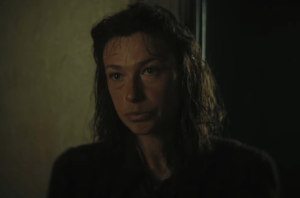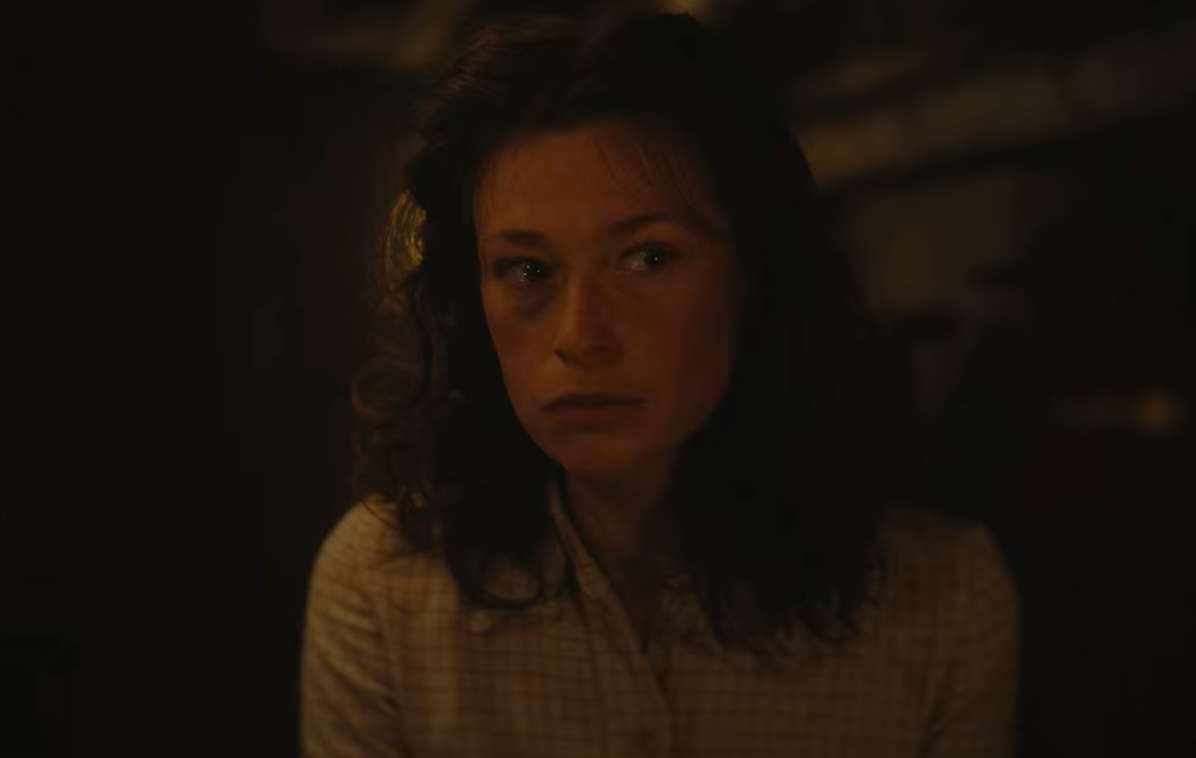In an oppressive regime, most are silent spectators, some are collaborators, and even fewer are part of the resistance. In Netflix’s ‘Will,’ Yvette Metdepenningen is an integral part of the resistance and is ready to do whatever it takes to prevent the Nazis from completely taking over her country and turning it into hell for its people. While the film is concerned with exploring the morally grey area of the eponymous police officer, Yvette is in stark contrast with him as the one who never wavers from doing what is right. Actress Annelore Crollet plays her with such candor and vulnerability that it makes one wonder if she is pulled from reality. SPOILERS AHEAD
Yvette Metdepenningen is Inspired by the Real Members of the Resistance
The character of Yvette in ‘Will’ is not based on any specific real-life person. The film is based on the book of the same name by author Jeroen Olyslaegers, who explores the themes of right and wrong and all that falls in between through the characters of Wil and Lode. Olyslaegers uses a fictional lens to look at Belgium during the Nazi occupation and has concocted fictional characters for the same. Yvette Metdepenningen is one of them.

While Yvette might be fictional, the organization she works for is not. In the movie, she is a staunch supporter of the White Brigade, which was a real resistance group in Belgium that operated during the 1940s, fighting the Nazi regime and keeping the soul of its country alive. Its name was the opposite of the Black Brigade, used for the group of people who chose to be collaborators of the fascist oppressors. Much like in the movie, the White Brigade did everything from graffitiing the walls with slogans against Hitler and his fascist reign to creating an underground network that allowed them access to information that helped the Jewish population evade capture.
With the Nazis at their doors, the people of Antwerp are forced to choose sides. They have to decide whether they will stand up against the enemy or if they’ll choose survival and collaborate with them, even if it means dooming their own neighbors. For Yvette and others like her, there is no question of what is required of them. Even before Wil falls into trouble after the death of a Nazi officer, Yvette had been involved with the White Brigade and had been helping people right under the nose of the Nazis.
Knowing the importance of her work, Yvette is also cautious about whom to trust and is confident enough not to break under pressure, especially when she is surrounded by enemies. Wil, on the other hand, is entirely new to this and doesn’t have the same strength as her. His moral compass is also much looser, and he doesn’t have to put a lot of thought into what he’d choose in the end. For Yvette, the choice is clear, even when she knows where it will lead her. Through her, the film gives the audience a peek into the lives of the people who worked for the resistance, what risks they had to take, and what sacrifices they had to make for the greater good.
Read More: Changing Ends Season 2 Starts Filming in London Next Month


